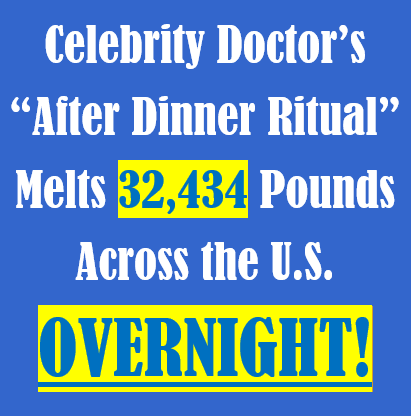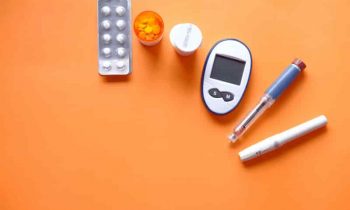If your child has recently been diagnosed with a food allergy, you might feel pretty overwhelmed and wonder what to do next. Knowledge is power, so learning all you can about food allergies, what to expect when they have an allergic reaction, and how to keep your child safe, can help you feel less powerless.
How common are food allergies
Studies have shown that 1 in 13 kids has a food allergy. This being the case, it is important to be aware of allergies not just in your own children, but in their friends and in your extended family.
Food allergies can be potentially life-threatening. This is because the allergic reaction is not just a digestive one that triggers an upset stomach, it is also an immune system response. The body reacts as if it is under attack from a dangerous intruder.
The immune system will start to form antibodies. Thereafter, each time your child eats that food, the immune system will go into attack mode again. Symptoms will vary from child to child, but can be quite extreme.
What are the most common food allergies in the US?
The most commonly reported allergies are:
- Eggs
- Cow milk
- Peanuts
- Tree nuts, such as walnuts and almonds
- Soy
- Wheat
- Shellfish, such as shrimp, crab and lobster
- Fish
In infants gradually moving from formula to solid foods, the most common allergies are:
- Eggs
- Cow milk
- Peanuts
- Tree nuts, such as walnuts and almonds
- Soy
- Wheat
The most common food allergies in infants and children are eggs, milk, peanuts, tree nuts, soy and wheat.
Some children might outgrow certain allergies, such as eggs, cow milk and soy.
Signs and symptoms of food allergies
In most case, there will be nausea and vomiting. In extreme cases, they might suffer from anaphylaxis (anna-fill-ACK-sis), also referred to as anaphylactic shock. Signs to look out for include:
- Swelling of the lips, tongue or throat
- Trouble breathing
- Wheezing or gasping
- Dizziness and/or fainting
- Stomach pain, vomiting and/or diarrhea
- Skin rashes, itching and/or hives
This is a medical emergency and should be treated as such. In many cases, your child’s doctor will prescribe an Epi-pen to give them a dose of epinephrine to reduce the swelling and inflammation until an ambulance arrives.
They would need to go to the hospital to get checked out and be given additional medicines as needed to help them breath and so on. They should carry 2 pens at all times just in case the first does isn’t sufficient.
Be familiar with the symptoms. Advise your school and anyone who regularly cares for your child. Consider having them wear a medical alert tag.
Source:Kids with Food Allergies


 Diabetes Treatment & Prevention
Diabetes Treatment & Prevention 5 Healthy Habits
5 Healthy Habits Aging too Fast?
Aging too Fast? Is Coffee Bad for You?
Is Coffee Bad for You? Natural Remedies
Natural Remedies